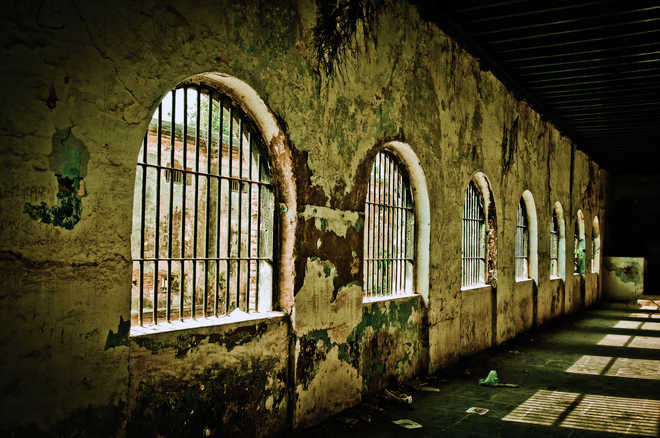
Bar code: The legislation system is so incoherent that it is almost impossible for the common man to get justice
Gaurav Kanthwal
Public perception and credibility of the majority of non-governmental organisations (NGOs) is an open secret in India. If an NGO dealing with private school education is being run by foreigners and not following the due process of law, it goes without saying that trouble would come knocking on its door anytime soon. Woe betide that NGO if its officials are caught letting their hair loose in a posh five-star hotel, indulging in a drink or two.
Security agencies are bound to snoop on them and law enforcement agencies would merrily walk an extra mile to make their lives miserable, seeking financial details and then some more…
Whether it is their zeal in performing their duty or something else, only they can tell better. For law enforcement agencies, irrespective of the country they work in, are known to be fickle, they can be way too liberal or way too coercive depending on the profile of the accused. They have been bestowed with a godly power called discretion to perform their duty diligently, and which can easily become an instrument of coercion.
James Tooley (58), professor of education policy in the University of New Castle, realised it when an NGO, the Educare Trust, with which he was formerly associated “had received foreign contribution amounting to about Rs 35 lakh, during financial years 2005-2006 and 2006-2007.” This was indeed an offence under The Foreign Contribution (regulation) Act (FCRA),” he confesses.
But why was he being probed in 2014, it does not take him much time to understand.
Comeuppance: My Experiences in an Indian Prison is a memoir of Tooley’s 15-week ordeal of judicial proceedings, left midway, before flying off to Northumberland, England. The title appears slightly vague as the author spent just a little more than two days in the prison before being granted bail, though he keeps coming back to his experience inside the Cherlapally Central Jail, Hyderabad.
A year later, the writer is still bitter with rampant corruption in the working of Indian police, deplorable conditions of under-trial persons in Indian prisons and tardy pace of Indian judicial system.
Back in the comfort of his home, he is dwelling on one question: Why is there such a high level of corruption among the Indian police, and in India in general?
He comes to the conclusion that the mass of legislation in India is so voluminous and incoherent that it is almost impossible for a common man to read and understand it — thus empowering the police, the investigating agency, with arbitrary powers and unlimited discretionary sway.
Tooley, himself a Briton, confesses that corruption became endemic and rampant during British Raj, but holds India responsible for not bringing in reforms. He says when it comes to the prosecution, Indian courts show no urgency in giving justice to the under-trials.
The author’s skilful writing makes a dramatic impact on a reader’s mind with his vivid imagery. His graphic details of court scenes evoke a composite picture of a foreign under-trial stuck in the heat and dust of an Indian court.
The professor of education policy in the University of New Castle has backed his claims with Indian government’s official data, quoting reputed authors and citing various studies and surveys.
But, even his 17 years off-and-on association with India has not helped him much in understanding the country and its people. As is evident from Tooley’s erroneous description of a woman police officer’s dress: “She had changed into a dirty grey salwar-kameez with an off-white blouse.”
There are plenty of such instances in the 258-page book.



























